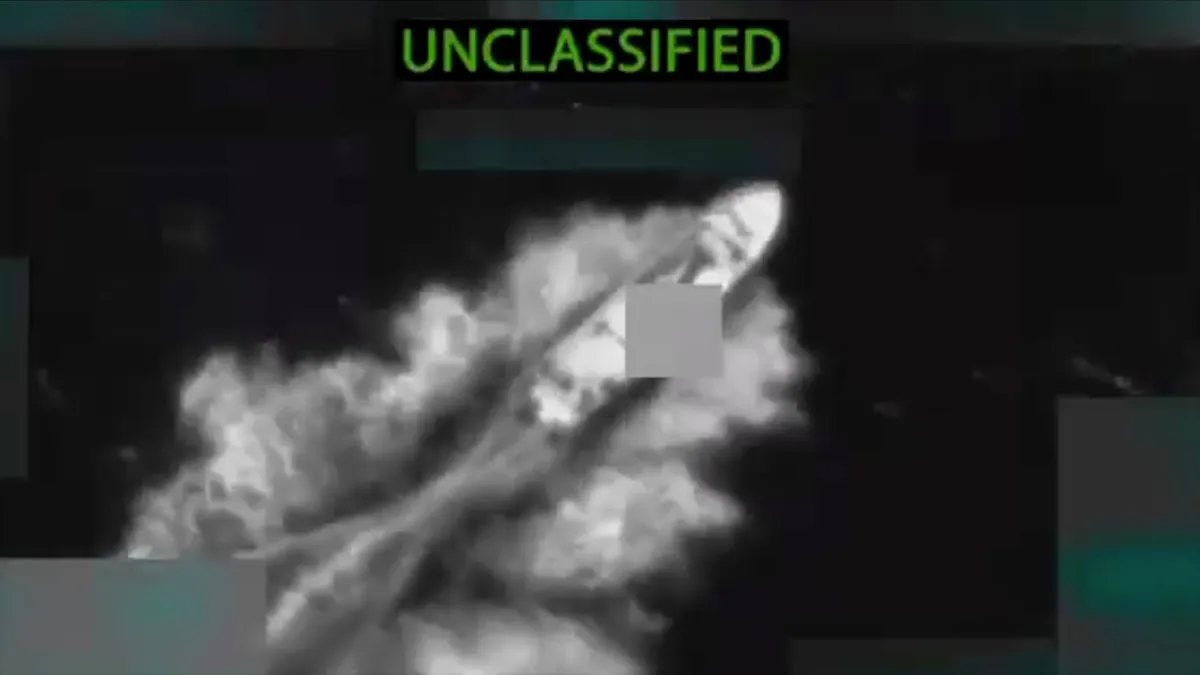
The U.S. military has recently intensified its operations against alleged drug trafficking vessels in the Eastern Pacific, with Defense Secretary Pete Hegseth announcing on Tuesday that four more vessels linked to Designated Terrorist Organizations (DTO) were struck, resulting in the deaths of 14 individuals. This latest military action, directed by President Trump, is part of a broader initiative to combat drug cartels that have been posing significant threats to national security.
According to Secretary Hegseth, these lethal kinetic strikes were carried out as part of a concerted effort to dismantle drug trafficking networks operating in the Eastern Pacific. In a post on X, he shared a video of the strikes, which brings the total number of individuals believed to have been killed in recent operations to at least 57. Notably, there was one survivor from the strikes that occurred on Monday.
In response to the presence of a survivor, USSOUTHCOM promptly initiated standard Search and Rescue (SAR) protocols. Mexican SAR authorities have since taken on the responsibility for coordinating the rescue efforts, although it remains unclear if the survivor has been successfully rescued. This incident marks the second time a survivor has emerged from such an attack; previously, two survivors from an earlier operation in the Caribbean Sea were repatriated to their home countries of Colombia and Ecuador.
The recent strikes have sparked significant debate surrounding the legal implications of using lethal force against drug trafficking organizations. Secretary Hegseth emphasized the urgency of the situation, stating, “The Department has spent over two decades defending other homelands. Now, we’re defending our own.” He further noted that these narco-terrorists have caused more American deaths than groups like Al-Qaeda, underscoring the administration's resolve to pursue these criminals relentlessly. “We will track them, we will network them, and then, we will hunt and kill them,” he declared.
In line with these military operations, the U.S. has also deployed the Gerald R. Ford Carrier Strike Group and its accompanying aircraft to the waters surrounding Central and South America. This strategic move aims to escalate pressure on the Venezuelan government, which has been identified as a significant player in the regional drug trade. President Trump has even hinted at the possibility of land strikes against Venezuela, highlighting the administration's aggressive stance on combating drug trafficking.
As the U.S. continues its war against drug cartels, the focus remains on dismantling these organizations and ensuring the safety of American citizens. The ongoing operations reflect a commitment to addressing the complex challenges posed by drug trafficking and its associated violence.
This report incorporates contributions from ABC News' Anne Flaherty, providing a comprehensive overview of the current situation regarding U.S. military actions in the Eastern Pacific.